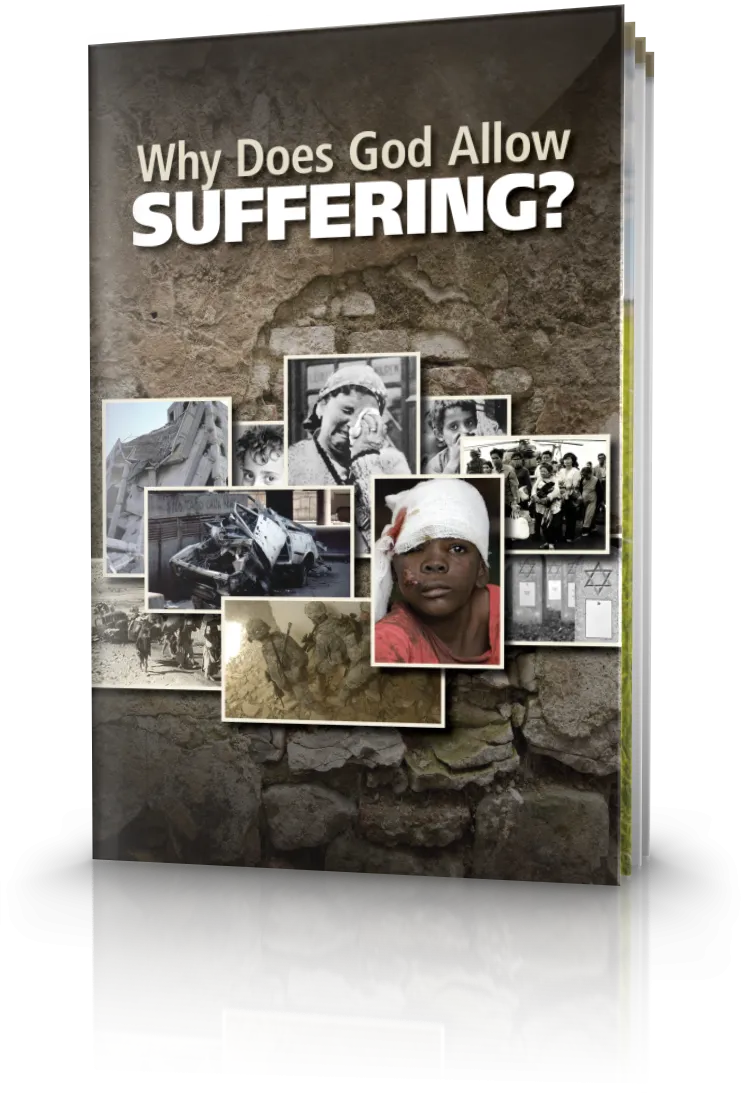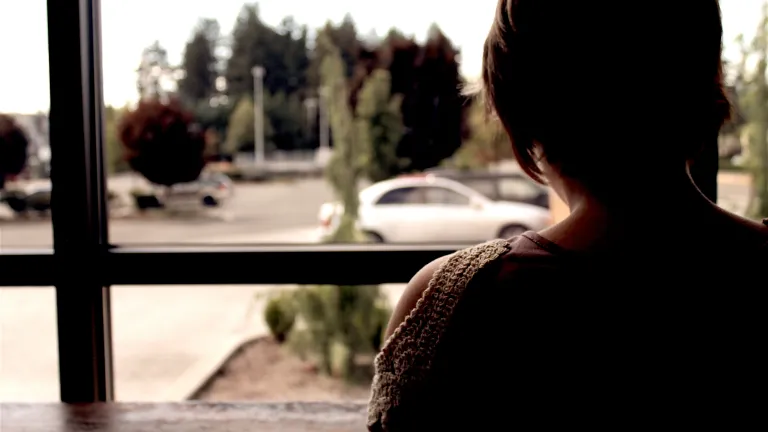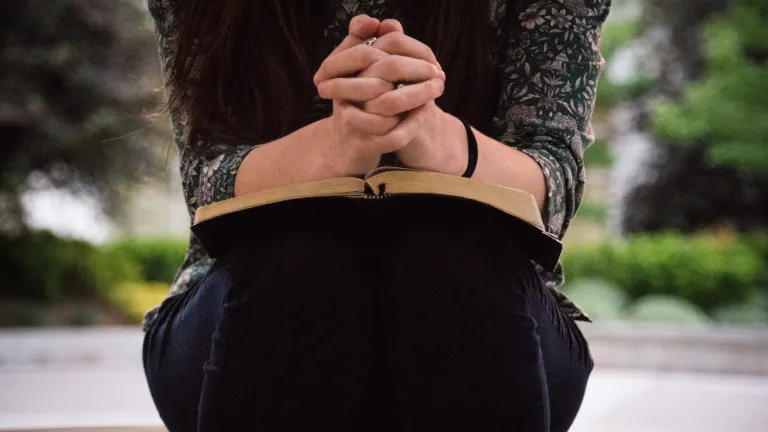Walking Through the Valleys of Life

In this life we face trials. We are constantly exposed to a range of strains and stresses. However, we can call on several strategies to lessen the load. Here are a few effective steps.
King David wrote in Psalm 23 about walking through "the shadow of death." This is probably a metaphor for life's trials in general, though it also applies to a person facing his own death or the death of a loved one.
In this life we face trials. We are constantly exposed to a range of strains and stresses. However, we can call on several strategies to lessen the load. Here are a few effective steps:
• Learn from trials and suffering. They can help us learn new skills. Jesus Christ learned by His difficult circumstances and experiences (Hebrews 5:8), and so can we.
• Count your blessings. When we focus on pain, we often forget how good life has been to us. Paul said we should always be thankful (Philippians 4:6). He also explained that the result of giving thanks is a "peace which surpasses all understanding" (Philippians 4:7).
• Don't be a prisoner of your suffering. Severe trials can cause emotional paralysis. We need to remain active because inactivity further devastates morale. Dr. Paul Brand, an expert on the subject of pain, said: "When I confront intense pain, I look for activities that will fully absorb me, either mentally or physically. I ... have found that conscious distraction and the discipline of activity can be helpful tools in combating pain" (Paul Brand and Philip Yancey, The Gift Nobody Wants, 1993, p. 254).
• Find someone with whom you can share your load. Many people undergoing severe trials make the mistake of trying to handle them alone. Without question, those who reach out to others in times of need benefit from doing so. We need human contact. "Two are better than one ... But woe to him who is alone when he falls, for he has no one to help him up" (Ecclesiastes 4:9-10).
• Break the trial into bite-sized bits. When your difficulty or workload is daunting, divide it into manageable chores.
• Take life one day at a time. People battling depression, emotional struggles and difficulties in general often share a self-defeating mind-set. Their emotions tell them their trial will never end. In such times we need an attitude that realizes that this trial, too, shall pass—as most difficulties indeed do. Adopt the psalmist's perspective: "This is the day which the Lord has made; we will rejoice and be glad in it" (Psalm 118:24), in spite of our difficulties.
• Don't be frustrated by trifling issues. Learn to put minor problems behind you and make decisions of lesser importance with a minimum of stress and worry.
• Eat a balanced, nourishing diet. Our bodies and minds are much less able to deal with stress and other difficulties if we do not provide them with the nutrients they need.
• Exercise regularly. Proper exercise relieves stress, provides a feeling of well-being and helps us sleep better—all of which are important for our contentment and mental stability.
• Provide yourself regular rest and relaxation. God commanded that we rest every week on the Sabbath day (Exodus 20:8-11). We also need relaxing time on a daily basis.
• Make a change. We cannot avoid some distressful situations, and others we should not avoid. To opt out of them would be wrong. But don't be a glutton for punishment. If you can escape a trial without being irresponsible, take steps to do so (see Proverbs 22:3).
• Develop your sense of humor. "A cheerful heart is good medicine (Proverbs 17:22, NIV). Humor helps us rise above stresses. Viktor Frankl discovered, while imprisoned in Auschwitz, that humor is an innate weapon in the fight for survival. Laughter truly is effective medicine.
• Realize that ultimately all things are in God's able hands. Jesus points us to God: "Father, into Your hands I commend My spirit" (Luke 23:46). David urges us to "commit your way to the Lord, trust also in Him" (Psalm 37:5). The Hebrew word translated "commit" means "to roll some object on." A mental picture that can help make the meaning clear is the thought of flinging yourself upon God—as a child would fall helplessly into his physical father's outstretched arms.







